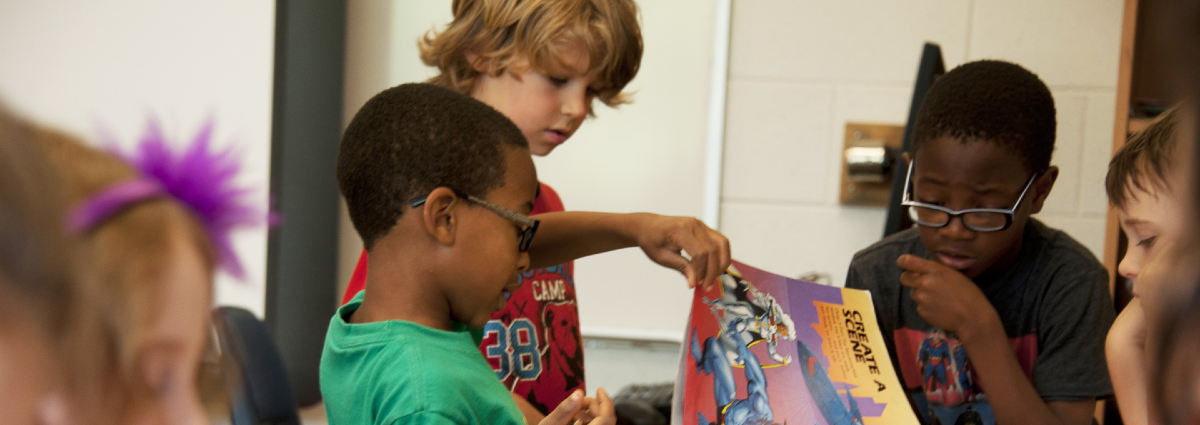Providing treatment for behavioural issues in children and teenagers
Behavioural problems, such as stealing or aggressive behaviour, can often be a way a child or teenager communicates difficulties they are having in another area of their life – for instance, issues at school or with their self-esteem.
All children develop differently, making it hard for parents to distinguish whether a child’s behaviour is normal or a sign of an underlying issue that needs support. However, once the decision has been made to seek professional help, various effective treatment options are available.
An assessment with a child and adolescent psychiatrist will identify if there is an underlying cause for the behaviour and will also identify the best treatment route.
Medication
Certain medications can help children and teenagers manage their behavioural issues. For example, if ADHD is prompting problematic behaviour, stimulant medication can help a child to concentrate while decreasing their levels of hyperactivity.
For some families, having medication to help their child’s aggression is a lifeline. However, reluctance to start a child on medication is normal and is often considered a last resort by parents. In any case, the advantages should be carefully weighed against the risk of side effects.
Talking therapy
Many children and teenagers benefit from working with a therapist or psychologist to work through any emotional or behavioural issues. We often find that children are often uncomfortable talking to their parents but will often open up to a therapist.
In particular, cognitive behaviour therapy (CBT) is effective at helping a child or teenager by regulating excessive anger, teaching social problem-solving strategies, and developing alternative social skills.
Talking therapy is often the most preferred option for treating behavioural issues, helping children and teens learn vital skills that will last them a lifetime.
More often than not, talking therapy will be recommended alongside medication, and the medication can often help the child engage more fully in their therapy.
Getting the support your child needs
Early intervention is crucial for your child's well-being and successful treatment. A great way to start is with a confidential call with our experienced advisors. We'll take time to listen to your concerns before providing some guidance on the most appropriate next steps.
Related articles
Understanding conduct disorders in children and teenagers
Support to help with anger, aggression and violence in children and teenagers

